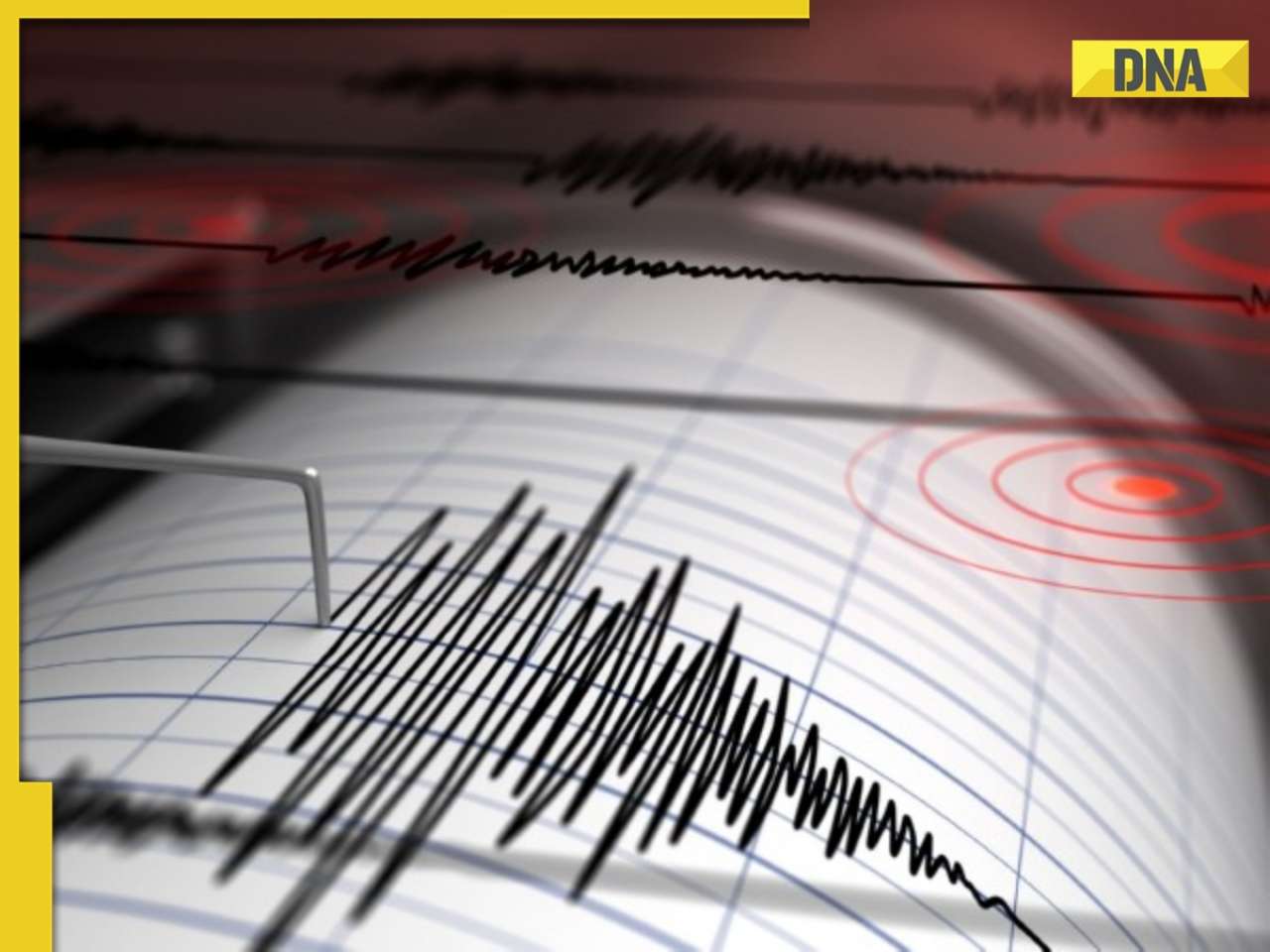The 66.9 km greenfield expressway, inaugurated on 15 July, connects Jaipur’s Ring Road to the Delhi-Mumbai Expressway.
Earlier, travelling from Delhi to Jaipur used to take over four to five hours. However, with the inauguration of the new Bandikui-Jaipur Expressway, the journey time has now been reduced to just three hours. With this expressway's opening, the connection between two of India's most important cities has been improved.
The Delhi-Mumbai Expressway and Jaipur's Ring Road are connected by the 66.9 km greenfield expressway, which was opened on July 15. In comparison to the conventionally used NH-48, it provides a smoother and more efficient path.
Congestion on the Delhi-Jaipur highway has long been a problem, mostly because of significant freight truck traffic and unforeseen delays. With access-controlled lanes and a 120 km/h speed restriction, the new expressway solves these problems and makes commuting quicker and safer.
Travelers have already expressed satisfaction with the expressway during its first 10-day toll-free trial period. Numerous consumers characterized it as a much-needed and practical substitute.
The road, which was built at a cost of more than INR 1,300 crore, has five interchanges that enable smooth exits at important intersections like Khuri, Bhedoli, and Sundarpura. It also deliberately avoids the older NH-21 and NH-48 sections, as well as communities with heavy traffic.
The expressway serves as more than just a shortcut; it is a component of a larger plan to improve regional connections. It will eventually be a part of the expansive 1,386-kilometer Delhi-Mumbai corridor, which will facilitate travel to towns like Vadodara, Udaipur, and Jaipur.
The National Highways Authority of India (NHAI) claims that this new route will facilitate quicker access to smaller districts like Dausa and Bandikui and assist in relieving traffic congestion inside Rajasthan. FASTag-enabled toll booths, emergency lay-bys, and intelligent traffic management systems are all examples of its future-ready design.
In addition to saving more than two hours of travel time, the expressway has various other advantages, such as better air quality, less wear and tear on vehicles, and increased fuel economy.
Find your daily dose of All
Latest News including
Sports News,
Entertainment News,
Lifestyle News, explainers & more. Stay updated, Stay informed-
Follow DNA on WhatsApp. NEET PG 2025 set to be conducted today in single shift, know shift timings, documents to carry, gate closing time, and...
NEET PG 2025 set to be conducted today in single shift, know shift timings, documents to carry, gate closing time, and... SA vs PAK WCL 2025 Final: AB De Villiers' fiery 120 helps South Africa to beat Pakistan by 9 wickets to win WCL title
SA vs PAK WCL 2025 Final: AB De Villiers' fiery 120 helps South Africa to beat Pakistan by 9 wickets to win WCL title Priyanka Chopra’s daughter Malti Marie steals the show as she turns photographer for Nick Jonas, watch viral video
Priyanka Chopra’s daughter Malti Marie steals the show as she turns photographer for Nick Jonas, watch viral video Assam man who suffered panic attack, slapped by co-passenger in Mumbai-Kolkata Indigo flight in viral video, went missing, later found in...
Assam man who suffered panic attack, slapped by co-passenger in Mumbai-Kolkata Indigo flight in viral video, went missing, later found in...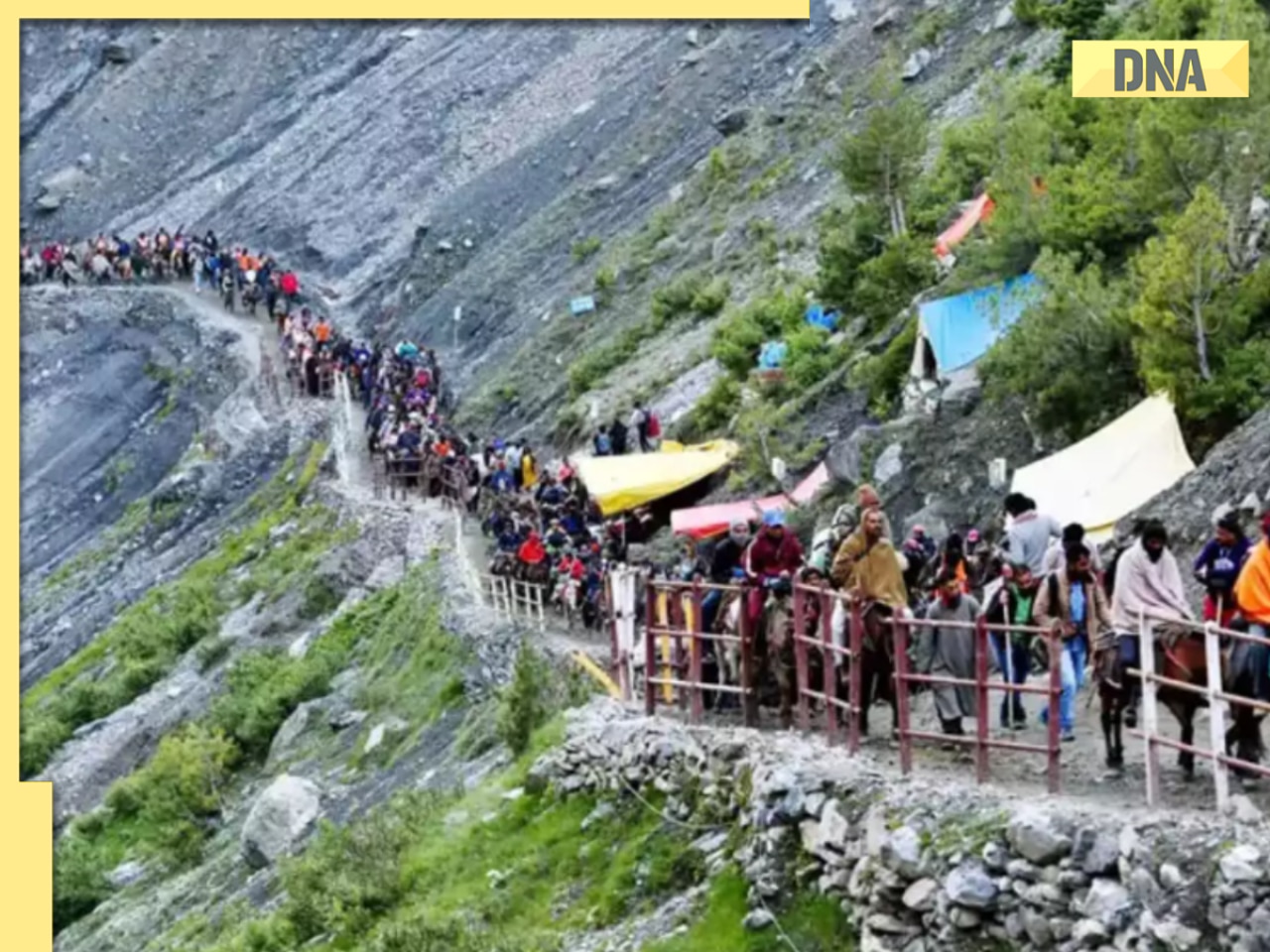 Amarnath Yatra 2025 called off early, over 4.1 lakh devotees complete pilgrimage
Amarnath Yatra 2025 called off early, over 4.1 lakh devotees complete pilgrimage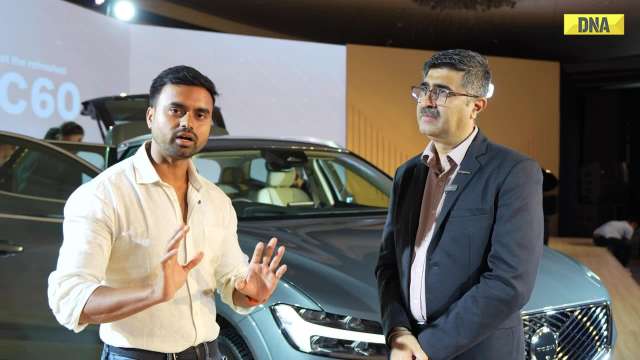 Exclusive: Jyoti Malhotra on Volvo XC60, New Launches & Volvo’s India Strategy | Volvo Car India MD
Exclusive: Jyoti Malhotra on Volvo XC60, New Launches & Volvo’s India Strategy | Volvo Car India MD Exclusive Interview: Rajeev Kapur on Steelbird’s New Helmets & Global Strategy!
Exclusive Interview: Rajeev Kapur on Steelbird’s New Helmets & Global Strategy! Futuristic Education: AI or Natural Intelligence, What's in focus? | Rajiv Tandon, BITS Pilani Digital
Futuristic Education: AI or Natural Intelligence, What's in focus? | Rajiv Tandon, BITS Pilani Digital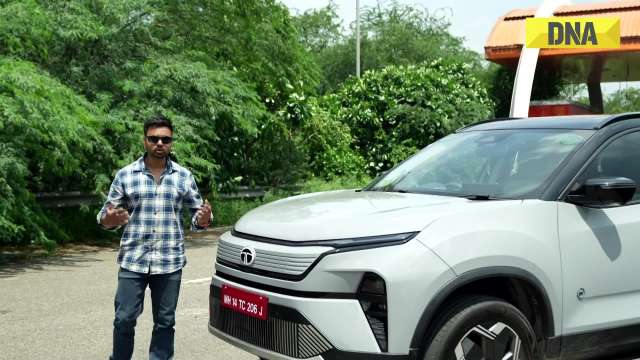 Tata Harrier EV Review | Most Advanced Electric SUV from Tata?
Tata Harrier EV Review | Most Advanced Electric SUV from Tata?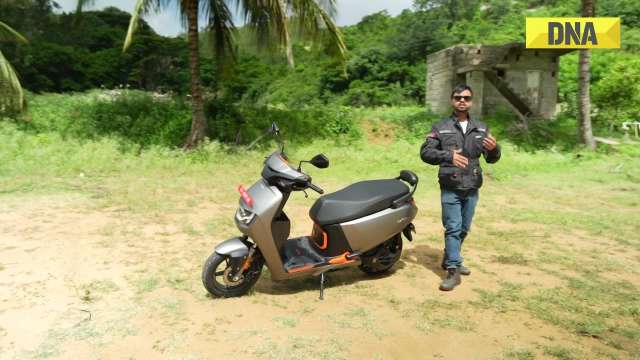 Vida VX2 Plus Electric Scooter Review: Range, Power & Real-World Ride Tested!
Vida VX2 Plus Electric Scooter Review: Range, Power & Real-World Ride Tested!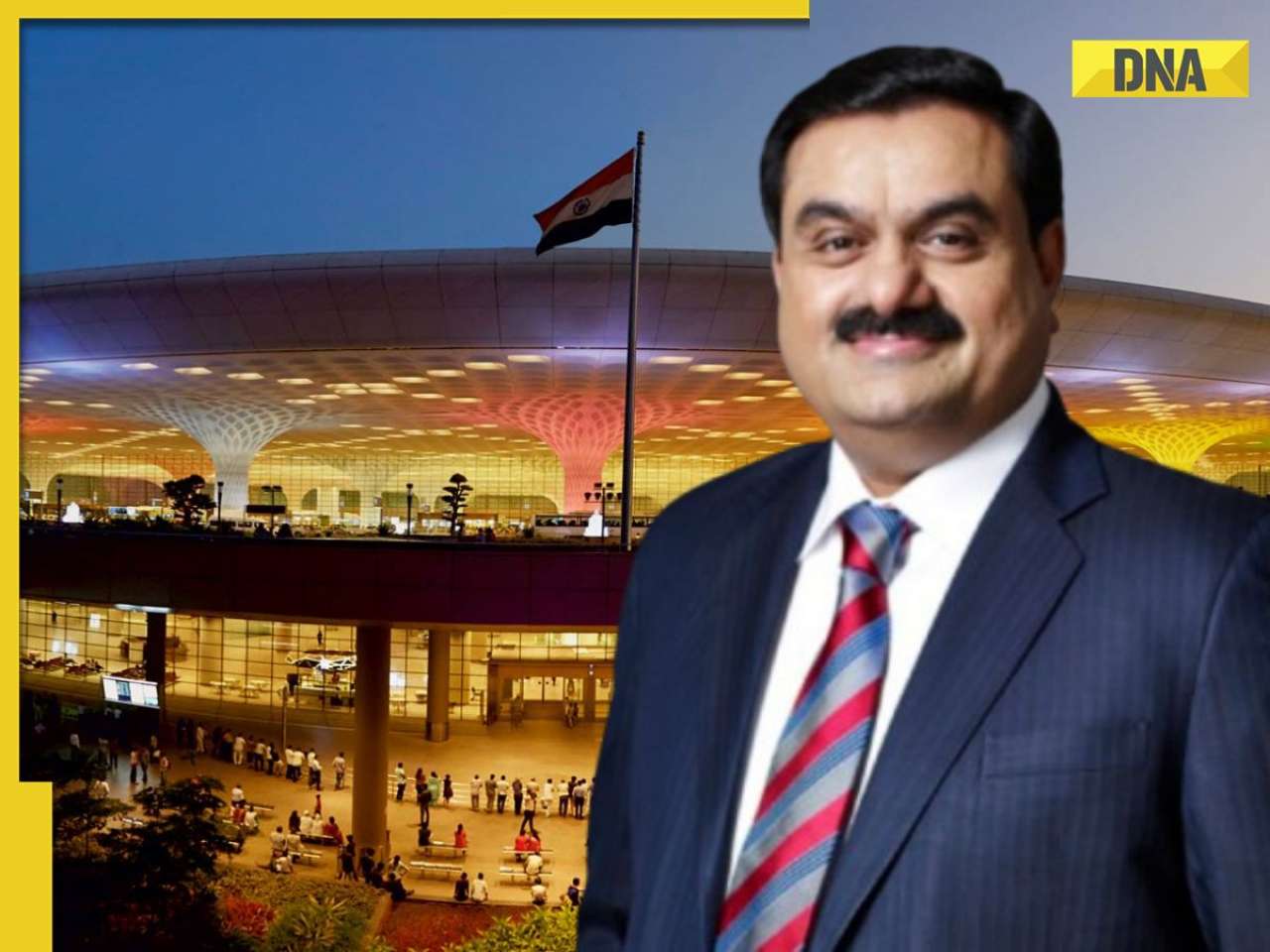 Gautam Adani takes BIG step, as Adani group set to launch major city-side development at 8 airports across 655 acres, phase-1 to kick-start in...
Gautam Adani takes BIG step, as Adani group set to launch major city-side development at 8 airports across 655 acres, phase-1 to kick-start in...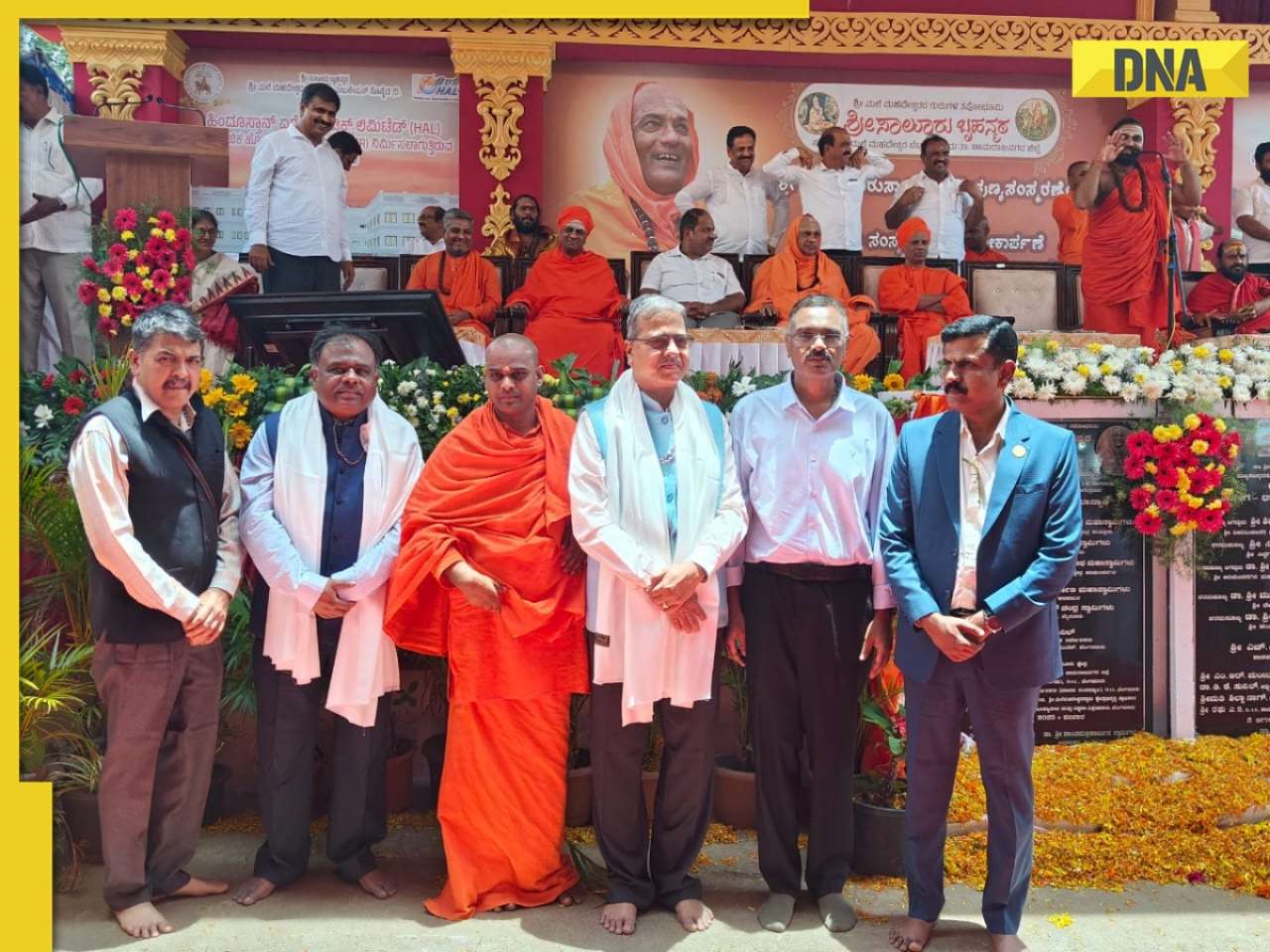 HAL signs historic Rs 4.77 crore education MoU at Salur Math in MM Hills Karnataka
HAL signs historic Rs 4.77 crore education MoU at Salur Math in MM Hills Karnataka  Meet Indian-origin richest man in Indonesia, with net worth of Rs 725000000000, brother-in-law of India's famous billionaire, his business is...
Meet Indian-origin richest man in Indonesia, with net worth of Rs 725000000000, brother-in-law of India's famous billionaire, his business is... ED issues Look Out Circular against Anil Ambani in Rs 17,000 crore bank loan fraud case
ED issues Look Out Circular against Anil Ambani in Rs 17,000 crore bank loan fraud case BIG move by BSNL as it rolls out new plan for just Re 1; check validity, offer, data limit and more
BIG move by BSNL as it rolls out new plan for just Re 1; check validity, offer, data limit and more Top K-dramas that celebrate real friendship, perfect for friendship day 2025
Top K-dramas that celebrate real friendship, perfect for friendship day 2025 Preity Zinta’s go-to fitness formula for staying lean and active at 50, 'It does not matter how long...'
Preity Zinta’s go-to fitness formula for staying lean and active at 50, 'It does not matter how long...' Liked Kingdom? Don’t miss these 5 Vijay Deverakonda films that showcase his versatility
Liked Kingdom? Don’t miss these 5 Vijay Deverakonda films that showcase his versatility Before watching Vijay Deverakonda’s Kingdom, know 5 box office hits he said NO to
Before watching Vijay Deverakonda’s Kingdom, know 5 box office hits he said NO to Pooja Batra’s monokini look is blend of tropical vibes and monsoon style inspiration; SEE PICS
Pooja Batra’s monokini look is blend of tropical vibes and monsoon style inspiration; SEE PICS Amarnath Yatra 2025 called off early, over 4.1 lakh devotees complete pilgrimage
Amarnath Yatra 2025 called off early, over 4.1 lakh devotees complete pilgrimage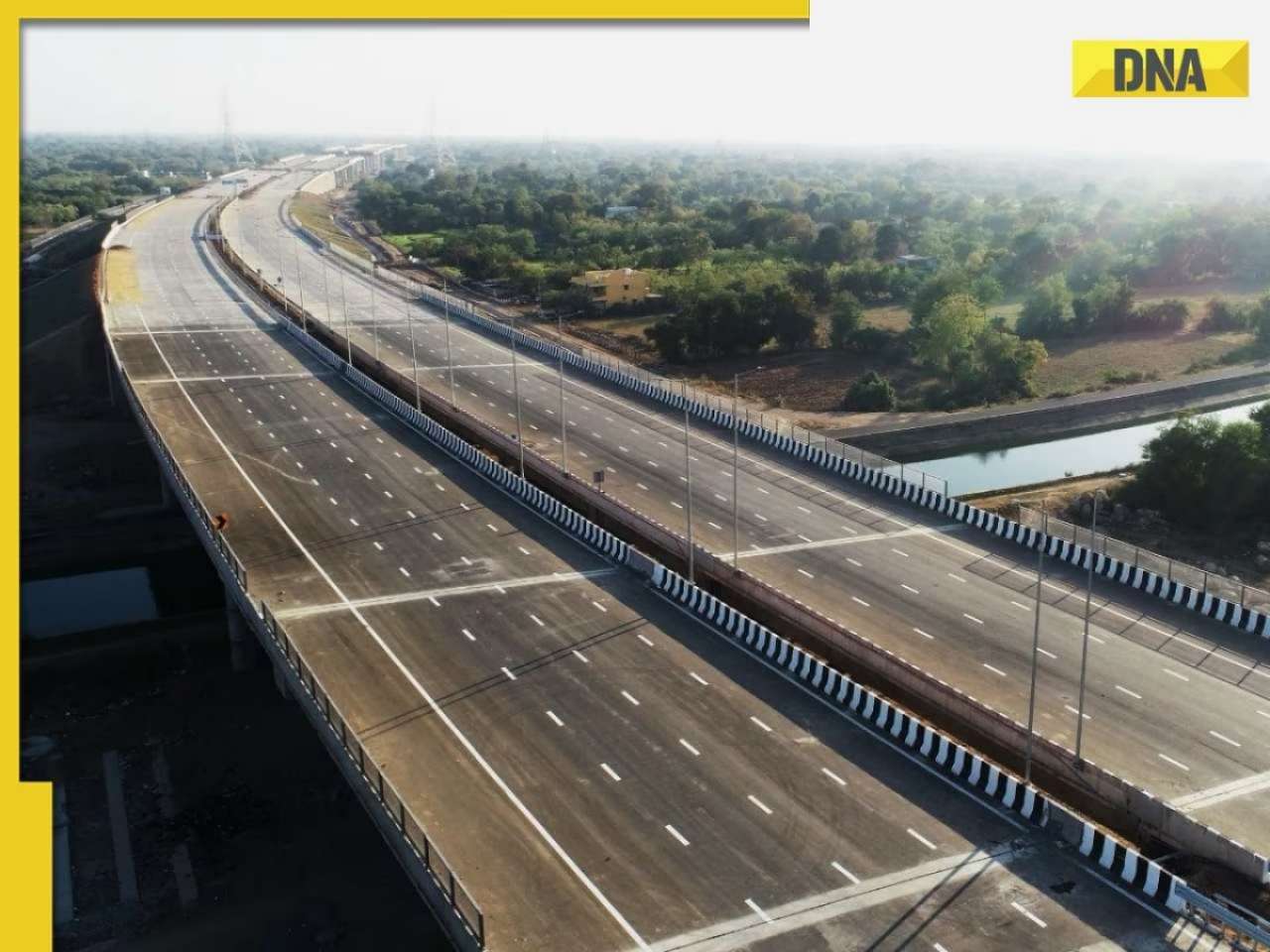 Delhi-Mumbai Expressway BIG UPDATE: Bandikui-Jaipur corridor opens for public, to reduce Delhi-Jaipur travel time to 3 hours
Delhi-Mumbai Expressway BIG UPDATE: Bandikui-Jaipur corridor opens for public, to reduce Delhi-Jaipur travel time to 3 hours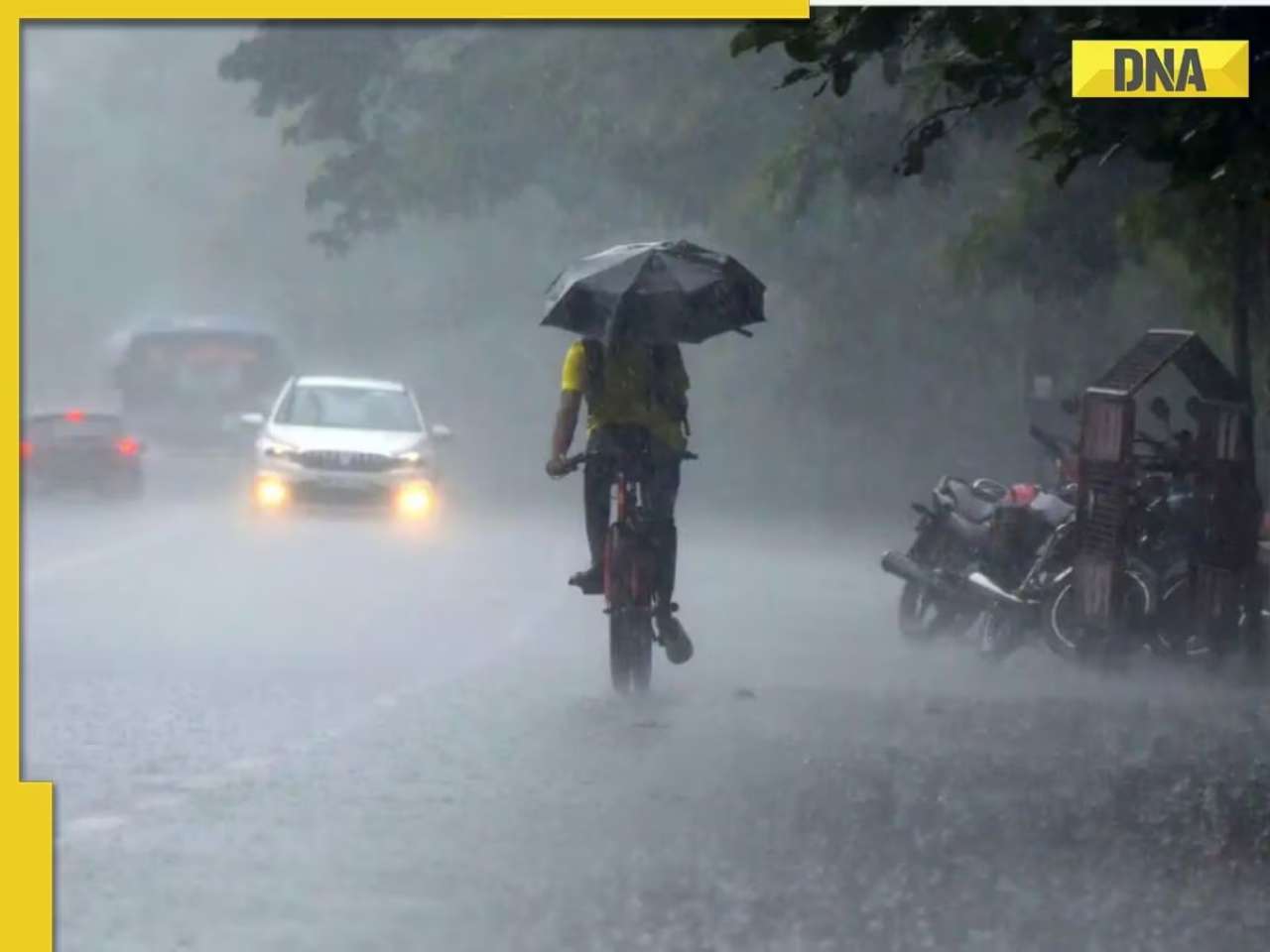 Delhi weather Update: Rain lashes parts of Delhi-NCR, causes waterlogging in several areas
Delhi weather Update: Rain lashes parts of Delhi-NCR, causes waterlogging in several areas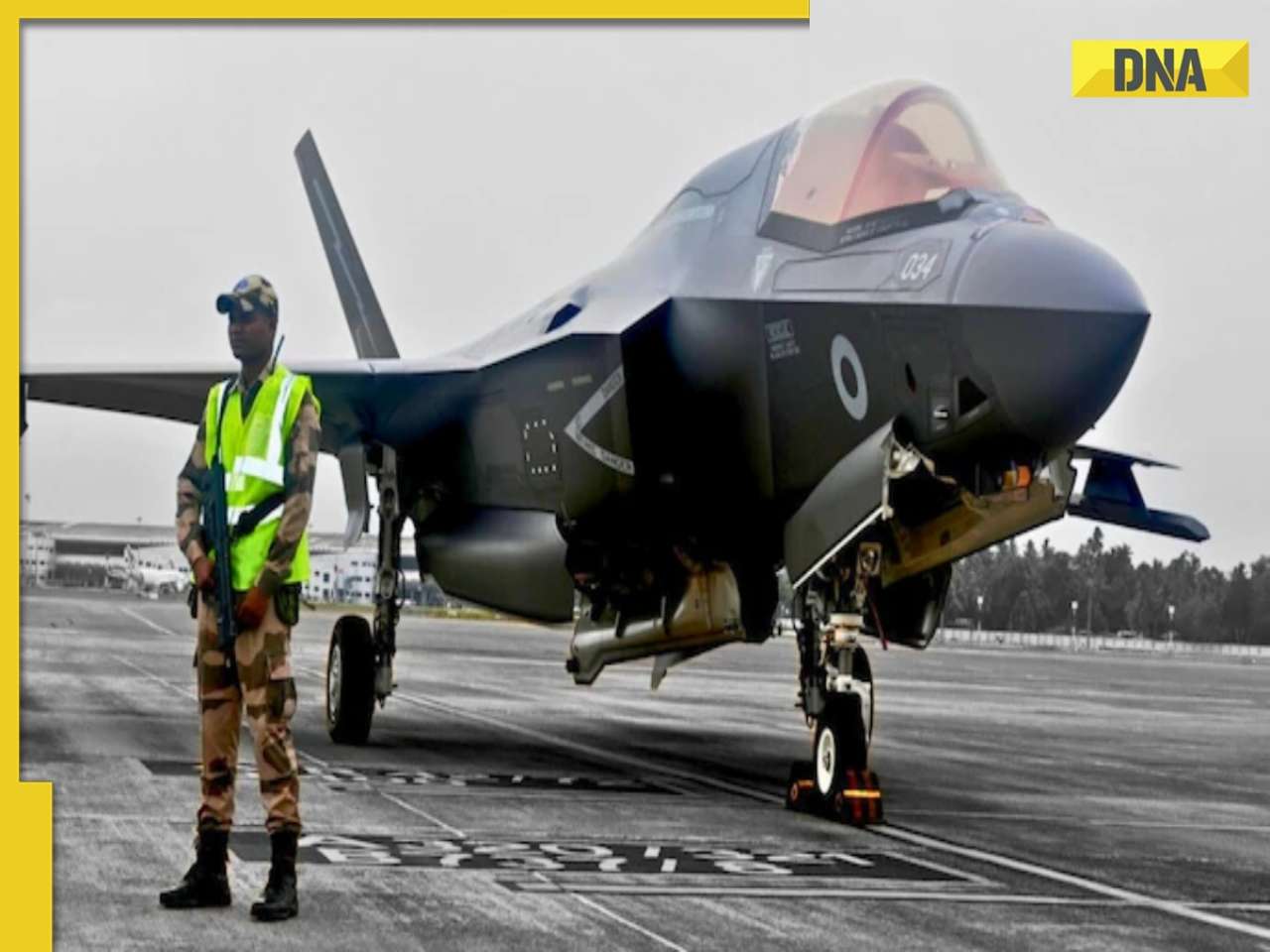 Centre's BIG statement on F-35 fighter jets deal with US, says, 'No formal discussions...'
Centre's BIG statement on F-35 fighter jets deal with US, says, 'No formal discussions...' Pragya Thakur's SHOCKING claim on Malegaon blast case, says, 'was forced to take names of...'
Pragya Thakur's SHOCKING claim on Malegaon blast case, says, 'was forced to take names of...' NEET PG 2025 set to be conducted today in single shift, know shift timings, documents to carry, gate closing time, and...
NEET PG 2025 set to be conducted today in single shift, know shift timings, documents to carry, gate closing time, and... CBSE 10th Compartment Result 2025 to be declared on results.cbse.gov.in; Know how to check, download, date
CBSE 10th Compartment Result 2025 to be declared on results.cbse.gov.in; Know how to check, download, date Meet IIT-JEE topper who got AIR 2 in JEE, went to IIT Bombay, rejected Tesla offer; now works as…, he is...
Meet IIT-JEE topper who got AIR 2 in JEE, went to IIT Bombay, rejected Tesla offer; now works as…, he is... Meet woman, IIT grad who cracked UPSC exam, first became IPS, then IAS officer with AIR 6, currently posted as...
Meet woman, IIT grad who cracked UPSC exam, first became IPS, then IAS officer with AIR 6, currently posted as... Over 2800 MBBS seats go unfilled in 2024 despite 39% rise due to...
Over 2800 MBBS seats go unfilled in 2024 despite 39% rise due to...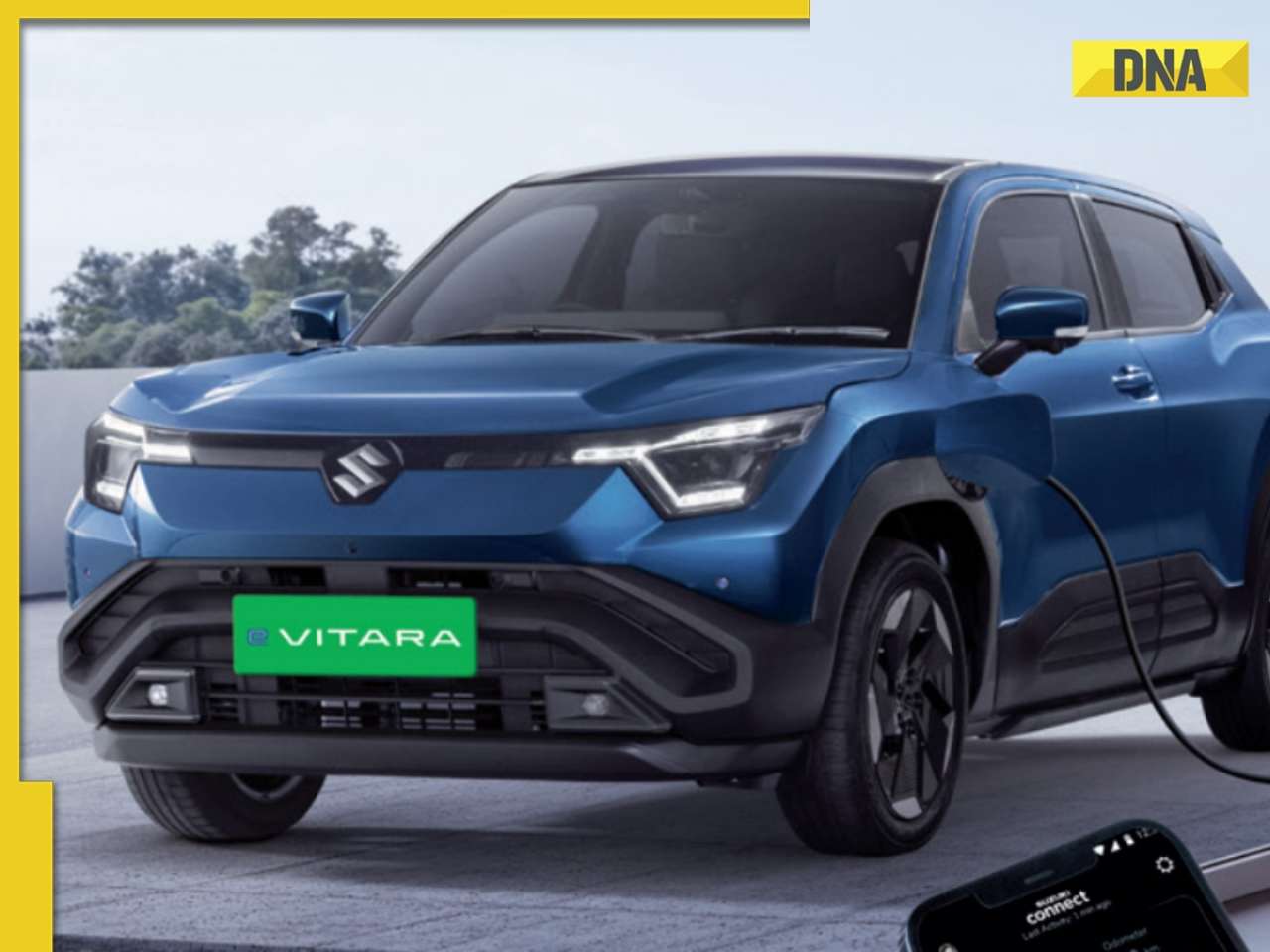 Maruti Suzuki's e Vitara set to debut electric market at Rs..., with range of over 500 km, to launch on...
Maruti Suzuki's e Vitara set to debut electric market at Rs..., with range of over 500 km, to launch on... This is world’s most expensive wood, cost of 1kg wood is more than gold, its name is..., is found in...
This is world’s most expensive wood, cost of 1kg wood is more than gold, its name is..., is found in... This luxury car is first choice of Indians, even left BMW, Jaguar, Audi behind in sales, it is...
This luxury car is first choice of Indians, even left BMW, Jaguar, Audi behind in sales, it is... Kia India unveils Carens Clavis: Check features, design changes, price and more; bookings open on...
Kia India unveils Carens Clavis: Check features, design changes, price and more; bookings open on... Tesla CEO Elon Musk launches most affordable Cybertruck, but it costs Rs 830000 more than older version, it is worth Rs...
Tesla CEO Elon Musk launches most affordable Cybertruck, but it costs Rs 830000 more than older version, it is worth Rs...









)
)
)
)
)
)
)
)
)
)
)
)
)
)
)
)


